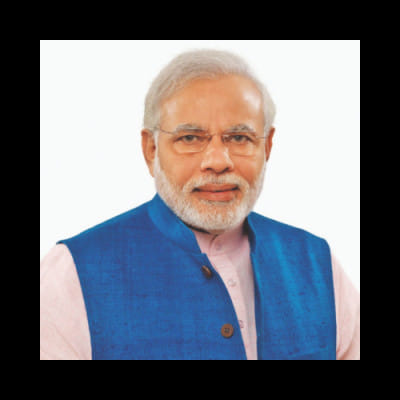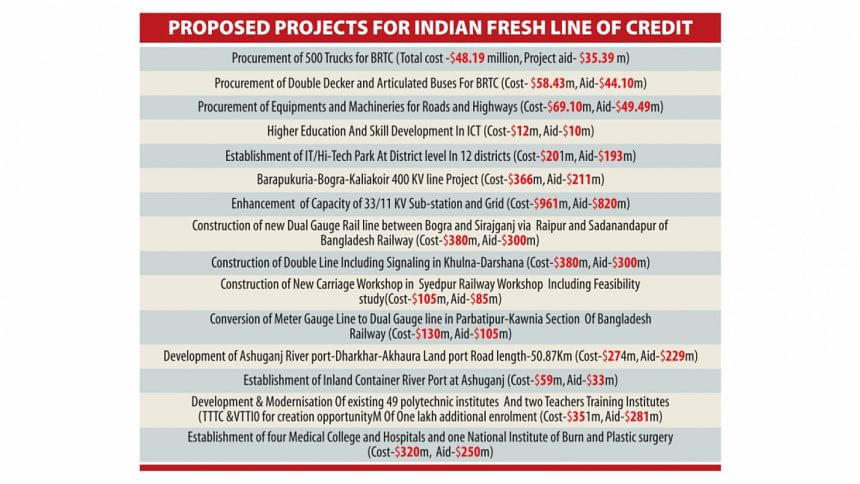Target connectivity

Bangladesh may get $2 billion in fresh loan from India for use in connectivity-related projects, an area of cooperation in which the two countries have taken big strides in recent years.
Officials of both the foreign and finance ministries said a formal announcement about the new soft loan under the Line of Credit (LoC) was likely to be made during Indian Prime Minister Narendra Modi's maiden visit to Bangladesh.
Sujata Mehta, secretary of multilateral and economic relations of the Indian External Affairs Ministry, during her Dhaka visit in April indicated that the LoC would be extended.
Initially, it was assumed the new credit amount would be $1 billion, the same India lent in 2010, but recent developments suggest that it will be around $2 billion.
The actual amount of the fund will be announced during Modi's visit, when the agreement will be signed, said a finance ministry official.
Bangladesh has already identified 15 projects in consultation with the Indian government in which the funds can be used.
The projects, whose total cost is estimated to be $3.71 billion, will boost up connectivity between the two countries.
Ten out of the 15 projects are related to power, rail and port, which, once completed, will make both the import of electricity from India and the transit of commercial goods to Nepal, Bhutan and India using the Bangladesh territory easier.
India though will finalise the project list once the agreement is signed.
The terms and conditions of the new loan are likely to be the same as the ones tagged with the 2010 LoC.

The first credit line had carried 1.75 percent interest rate per year, which was later lowered to 1 percent by the Indian government. The loan has to be repaid in 20 years with a grace period of five years.
Some 75 percent of the overall procurement for the projects has to be made from India; in case of civil procurement, it will be 65 percent.
Of the first $1 billion credit, $200 million was later converted to grant and disbursed for the Padma bridge project.
The remaining $800 million has been allocated for 15 projects, mostly railways, roads and bridges. As of March, $188 million has been disbursed.
The finance ministry official said Bangladesh sought $68 million more under the first LoC as project costs increased and the Indian side has agreed to it as well.
After the Modi-led government assumed power one year ago, various developments have started taking place among Bangladesh, Bhutan, Nepal and India in areas of energy cooperation, land boundary and transit, among other areas.
In a major push towards sub-regional cooperation, the four countries are set to sign an agreement on June 15 that would allow free movement of vehicles through their borders just like within the 28 countries of the European Union.
Expected to be functional by the end of 2015, the deal would allow seamless transit of passengers and personal and cargo vehicles between the countries.
Officials of the commerce and shipping ministries said the service charge and fees for the transit would be fixed through talks.

 For all latest news, follow The Daily Star's Google News channel.
For all latest news, follow The Daily Star's Google News channel. 



Comments